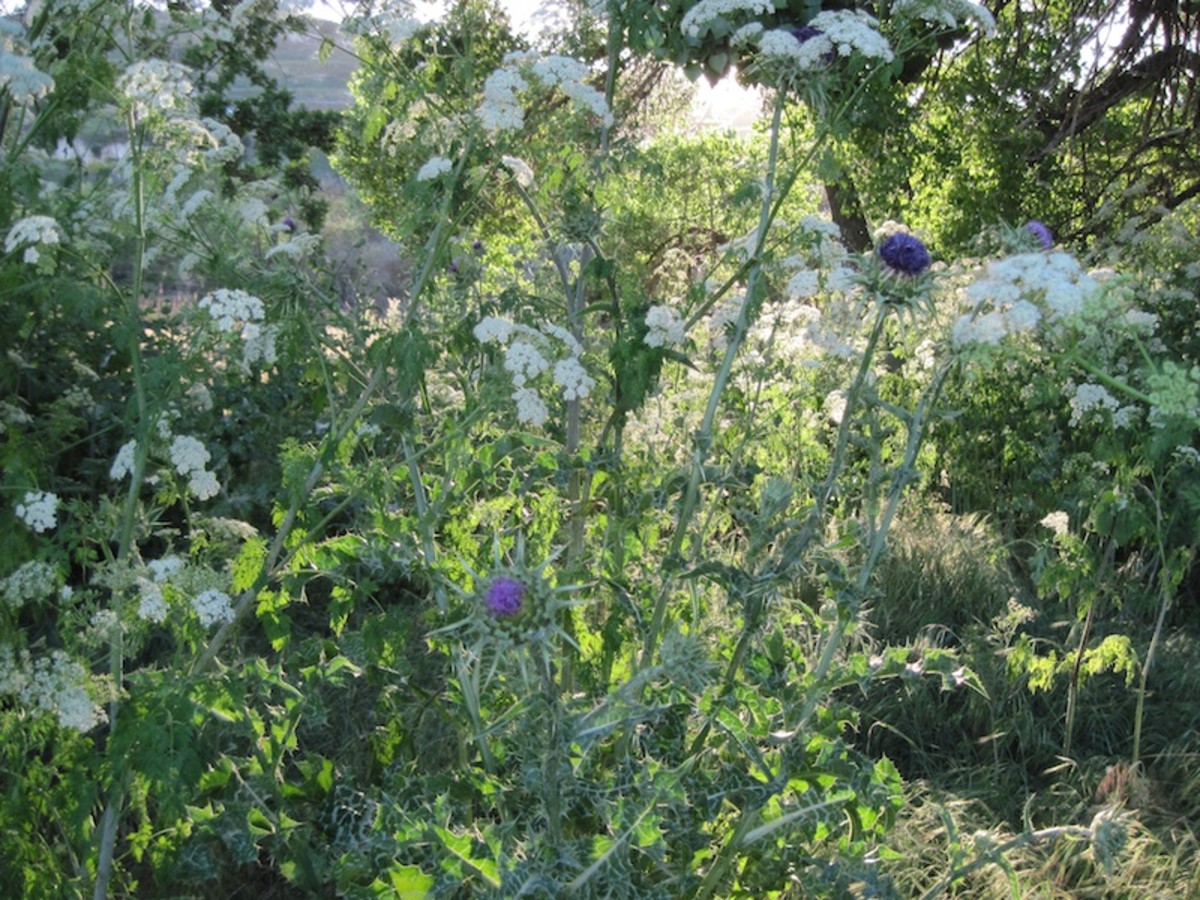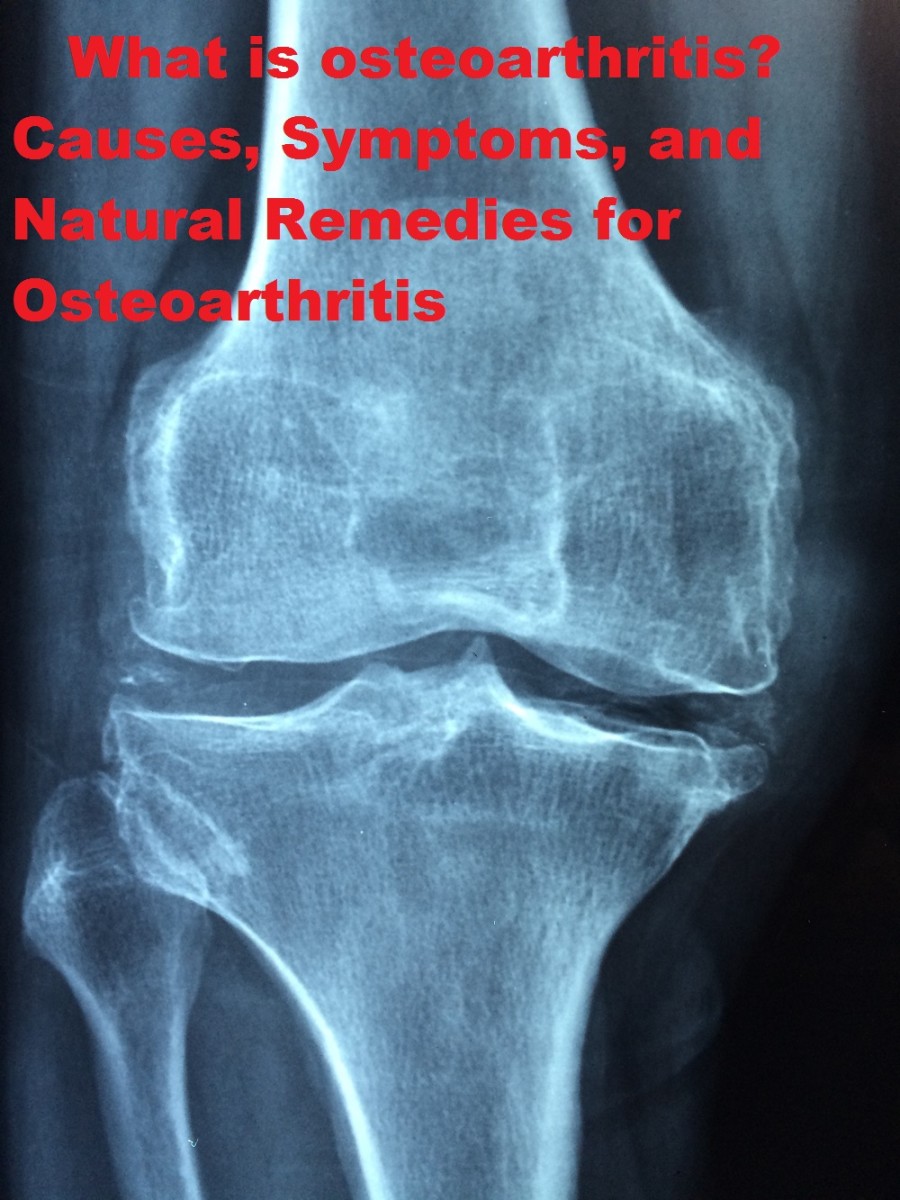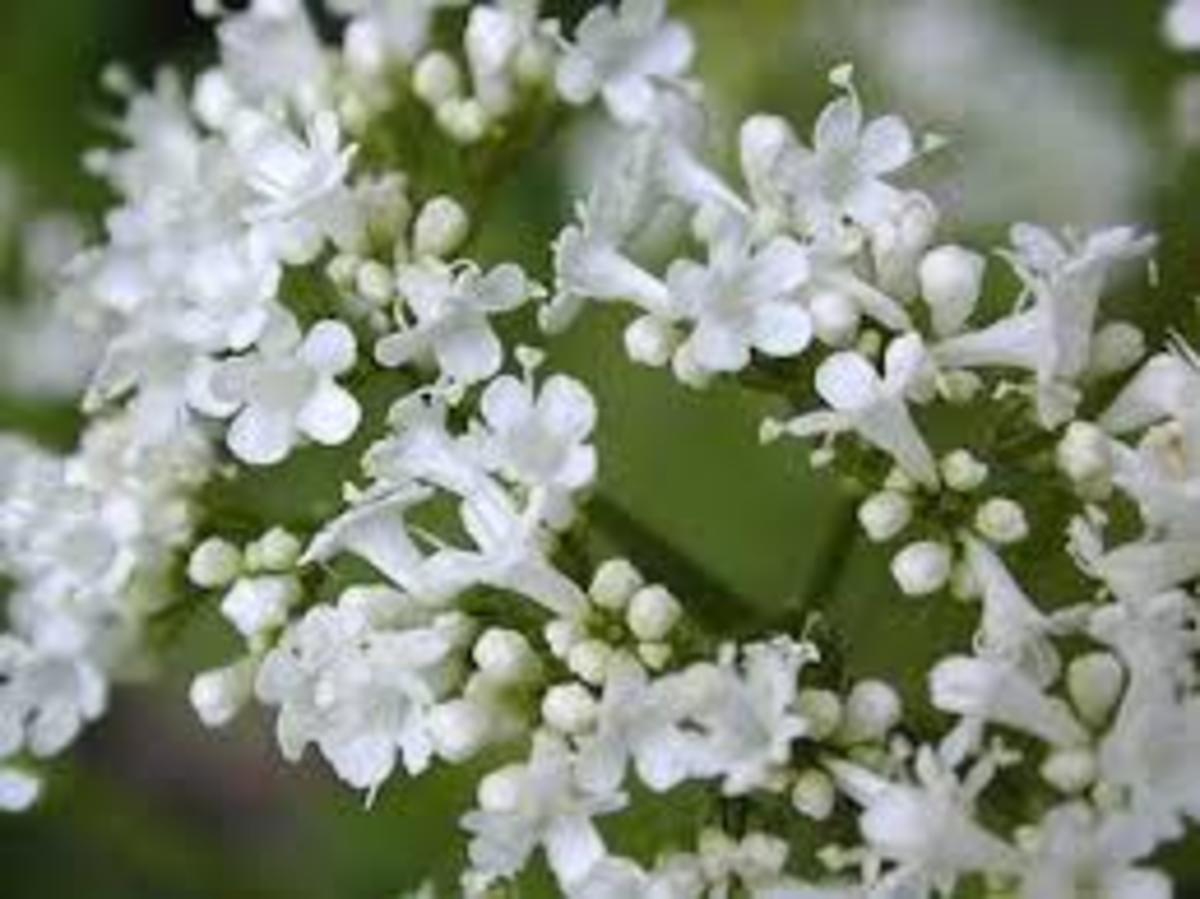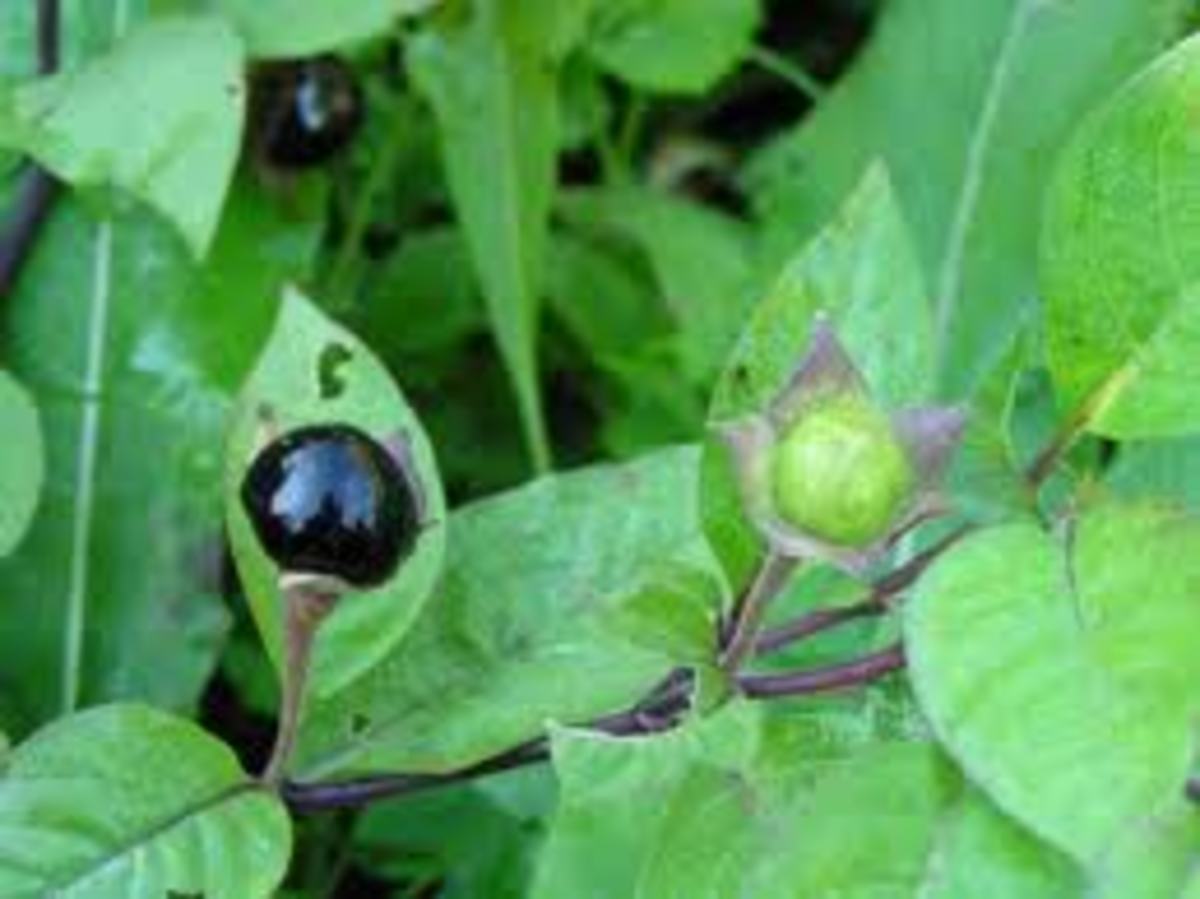The Best Natural Remedies to Boost Cognition
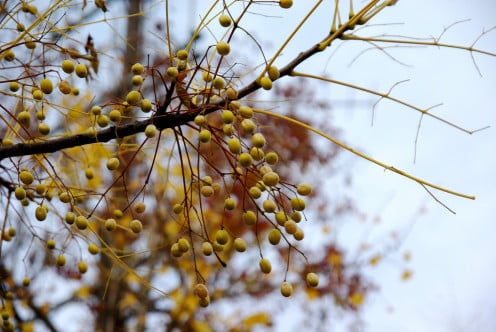
By Michelle Liew Tsui-Lin
Natural remedies for memory loss
Cognitive problems are both worrying and expensive. Affected patients spend hundreds of dollars each month on prescription drugs.
Anyone who has problems with cognition will be familiar with this scenario. As a brain tumor survivor struggling with memory loss and poor executive functioning, I find these herbs a necessity.
Natural remedies for memory loss, Alzheimer’s disease and dementia, commonly used in Asian countries, are gaining popularity in the West. This is no surprise since these help reduce a multitude of cognitive problems that affect people of all ages.
The benefits of a natural remedy
These remedies are a natural part of our diet. They can be eaten in curries or desserts. Apart from enhancing our memories, they also delight our taste buds.
Natural remedies have the similar therapeutic effect that prescription drugs do. Yet, these alternative remedies cost far less and are non-addictive. Such medicines help you greatly with every day, thought-processing tasks.
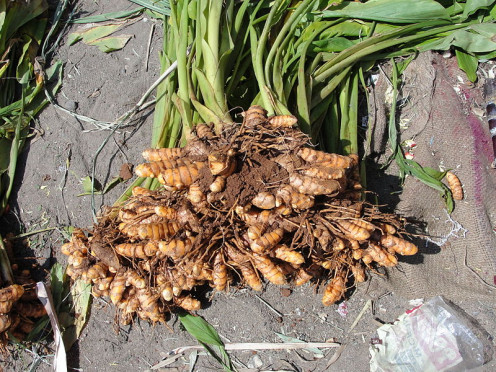
Natural remedies for memory loss
Turmeric
Turmeric, or Curcuma Longa, is a rust-colored rhizome that is part of the ginger family. Grown mostly in Southeast India, it thrives in tropical areas where rainfall is regular.
Users are aware that turmeric combats gastrointestinal and pulmonary problems, but few realize that this hardy rhizome enhances the memory as well.
This healthy, natural remedy blocks beta-amyloids, the amino acid plaques responsible for Alzhimer’s disease. The antioxidant properties of turmeric reduce the free radicals that cause chronic illnesses.
To enjoy the benefits of turmeric, start by consuming a recommended dose of a quarter of a teaspoon per day. After acclimatizing it, increase the dose to a teaspoon a day.
Turmeric is a supplement. It’s possible to consume turmeric capsules available over the counter. However, to enjoy turmeric fully, include it as part of your diet. Buy it in bulk and sprinkle it over eggs, in soups or simply use it in a delectable curry. If you so choose, take it with warm water or milk.
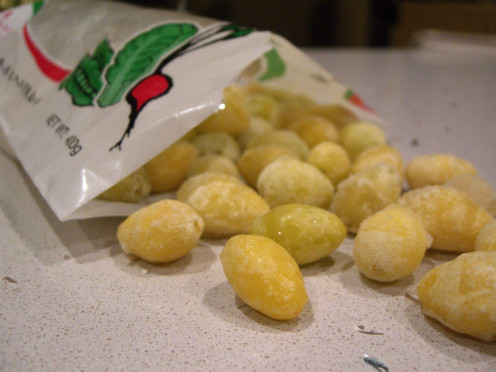
Gingko
Gingko is a unique, non-flowering plant. Its scientific name is also its English name. It first appeared during the Permian geologic period 250 million years ago. Gingko Bilboa, found in the wild in China. In addition, growers all over the world cultivate this fine herb.
The seeds of this dynamic herb increase the brain’s oxygen supply and glucose level. At the same time, it enhances cognitive activity. Gingko is a widely acknowledged treatment for dementia and Alzheimer’s disease. The flavonoids and terpenoids that it contains improves cognition and reduce negative feelings. They also eliminate free radicals. Research shows that Gingko nuts have innumerable benefits for memory.
Experts have recommended a dose of 240 mg of Gingko Bilboa daily, divided into two or three doses, to treat memory loss. Relish Ginkgo nuts by boiling them, frying them with a pinch of salt or eating them with white fungus as a dessert. Gingko is also available in capsule form.
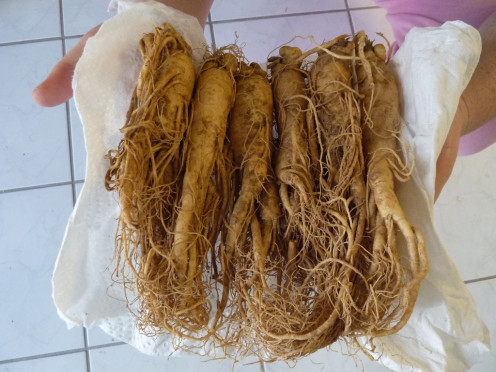
Ginseng
Panax, otherwise known as Ginseng, is a slow-growing plant. Chinese medical practitioners use the fleshy roots to cure a host of annoying ailments. This popular herb is found in North America and Eastern Asia.
Through the ages, people have consumed ginseng to prevent aging and disease. In a more recent study, 25 to 40 people with mild vascular dementia consumed ginseng extract. Researchers reported significant improvement in their memories after 12 weeks.
Ginseng increases heat in the body. Consume it in cycles of two to three weeks. Adults who are ill should consume about 500 mg of the root twice daily. The whole root is boiled and sliced to add to stir fry recipes. Ginseng is ground and infused in teas.
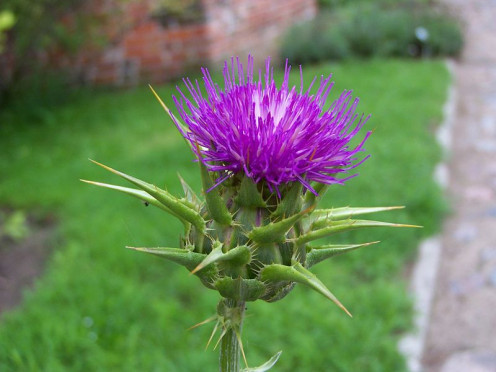
The Milk Thistle
The captivating milk thistle, A slender plant with willowy purple flowers, is otherwise known as Silybum Marianum. This gorgeous plant has beneficial compounds that treat dementia.
Though milk thistle is a highly potent memory supplement, it has side effects, including abdominal cramps, nausea and diarrhea. Those with liver conditions should never consume milk thistle before consulting their doctors. Always consult a pharmacist or doctor for a recommended dosage.
Buy a commercially grown milk thistle plant or grow one yourself. Mix the leaves of the milk thistle plant in a salad. They taste like spinach. Ground milk thistle seeds are used to flavor teas. This beneficial herb is also taken as a supplement, in capsule form.
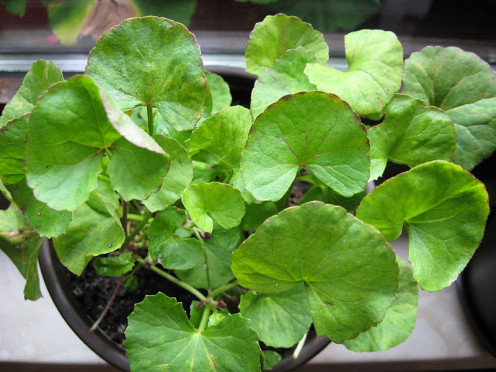
Gotu Kola
The Gotu Kola, or Centella Asiatica, is used in the preparation of many herbal medications. Found in the swampy areas of India and North America, it is used in African, Indian and Chinese medicines. The slender stems of this herb are red to reddish green. Its pretty leaves are heart-shaped.
Gotu Kola has been used by students to boost their. It increases blood circulation to the brain, helping it to remain more alert. It is commonly used to treat patients with dementia and memory loss.
Drink two cups of tea with Gotu Kola leaves to enhance your memory. Add about 12 fresh or dried Gotu Kola leaves to your tea. It can also be added to herbal extracts. A jar of Gotu Kola leaves can be drenched with cider vinegar. If you choose to consume it this way, preserve the mixture for about a month beforehand.
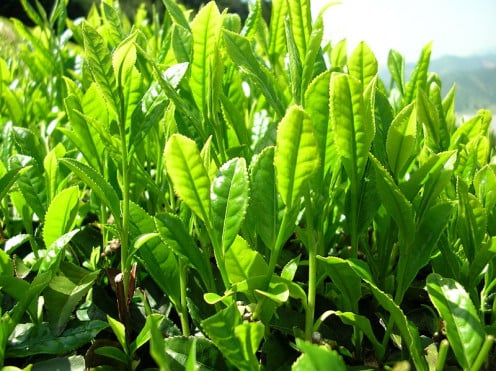
Green Tea
Green tea leaves come from the Camellia Sinensis plant. It is a little, green plant found in China and other parts of Asia.
Nondescript as they look, green tea leaves are widely known throughout the world for their antioxidant benefits. They are used in various beverages, health foods and supplements.
Few know that green tea fights beta amyloid plaques, stopping the progress of dementia. The polyphenols in green tea protect brain cells.
The benefits of green tea are best reaped when you consume it as it is. Drink two to three cups of green tea daily to experience greater alertness and an enhanced memory.
Which of these natural remedies are you familiar with
Frequently Asked Questions about natural remedies for cognitive disorders
Q1. Do natural herbs really help memory loss?
A1. Though the scientific evidence is still unclear, studies have found that gingko bilboa supports memory and cognition. Other studies have shown that ginseng and green tea have the same benefits.
Q2. Where can I obtain herbs for treating memory loss?
A2. Most of these herbs are available as supplements over the counter at drug stores. You can grow plants like the milk thistle yourself. Gotu Kola leaves are available at Asian drug stores.
Q3. Are natural remedies safe?
A3. These herbs are, by and large, very safe for consumption. However, do consult a doctor before using natural remedies, bearing in mind possible side effects and allergic reactions.
Q4. Should I let my children try natural remedies?
A4. Again, considering allergic reactions and side effects, consult a doctor before using natural remedies to boost your child’s memory.
Q5. When should I start using natural remedies to treat my loved one’s cognitive disorder?
A5: Begin once his or her doctor has assured you that it is safe to start using them.
Other Health Articles by Michelle Liew
- The wonderful qualities of the monk fruit
Blurb: On the cooling effect of the Monk Fruit. - The benefits and disadvantages of our favorite desse...
On the benefits and disadvantages of ice-cream, and an epulaeryu poem. - A Wonderful Expression - the importance of smiling a...
A hub on the social and health benefits of a good smile - we should all smile more often! - The wonderful health benefits of the chiku fruit
All about the the Chiku Fruit - Getting to know the longan and its benefits
On the benefits of longans. - The benefits of chocolate, myths and a poem
On the benefits of chocolate, why we love chocolate, a few chocolate myths and an epulaeryu poem. - The benefits and disadvantages of our favorite desse...
On the benefits and disadvantages of ice-cream, and an epulaeryu poem.

